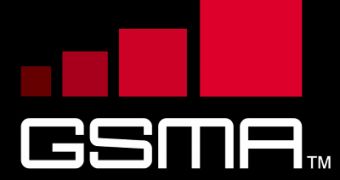The GSMA, an international association of mobile operators, has tested a new system designed to identify and block SMS spam, revealing that as much as 70% of such activity is related to financial fraud.
Dubbed the Spam Reporting Service (SRS), the system was developed in partnership with messaging security solutions provider Cloudmark.
The SRS enables mobile users to forward SMS spam to a "7726" (SPAM) short code or 33700, a number already used for this purpose in some countries.
The system automatically processes the reports and informs the carriers so they can take appropriate actions to block the attacks.
The SRS pilot lasted from March to December 2010 and saw the participation of AT&T, Bell Mobility, KT, Korean Internet & Security Agency (KISA), SFR, Sprint, and Vodafone.
The test showed that the majority of spam campaigns were not related to advertising, as one might expect, but to financial fraud schemes.
These include phishing attacks in which recipients are sent URLs to spoofed websites asking for their financial information.
Others are social engineering scams that instruct people to call a number where attackers try to trick them into exposing their personal details.
Frauds where vctims are told to call or text premium rate numbers were also encountered, but attack types varied depending on continent.
The GSMA was happy with how well the SRS performed and plans to recommend the technology to its 1,000 member companies.
"As mobile phones are such a personal medium, SMS spam feels like a very personal violation and customers may be tricked into becoming victims of fraudulent and damaging attacks.
"The mobile industry is focused on eradicating this scourge, and the GSMA SRS offers a simple solution that is straightforward and quick to implement, low cost and hugely effective at identifying very diverse and sophisticated attacks," said Jeremy Sewell, GSMA's chief operating officer.

 14 DAY TRIAL //
14 DAY TRIAL //